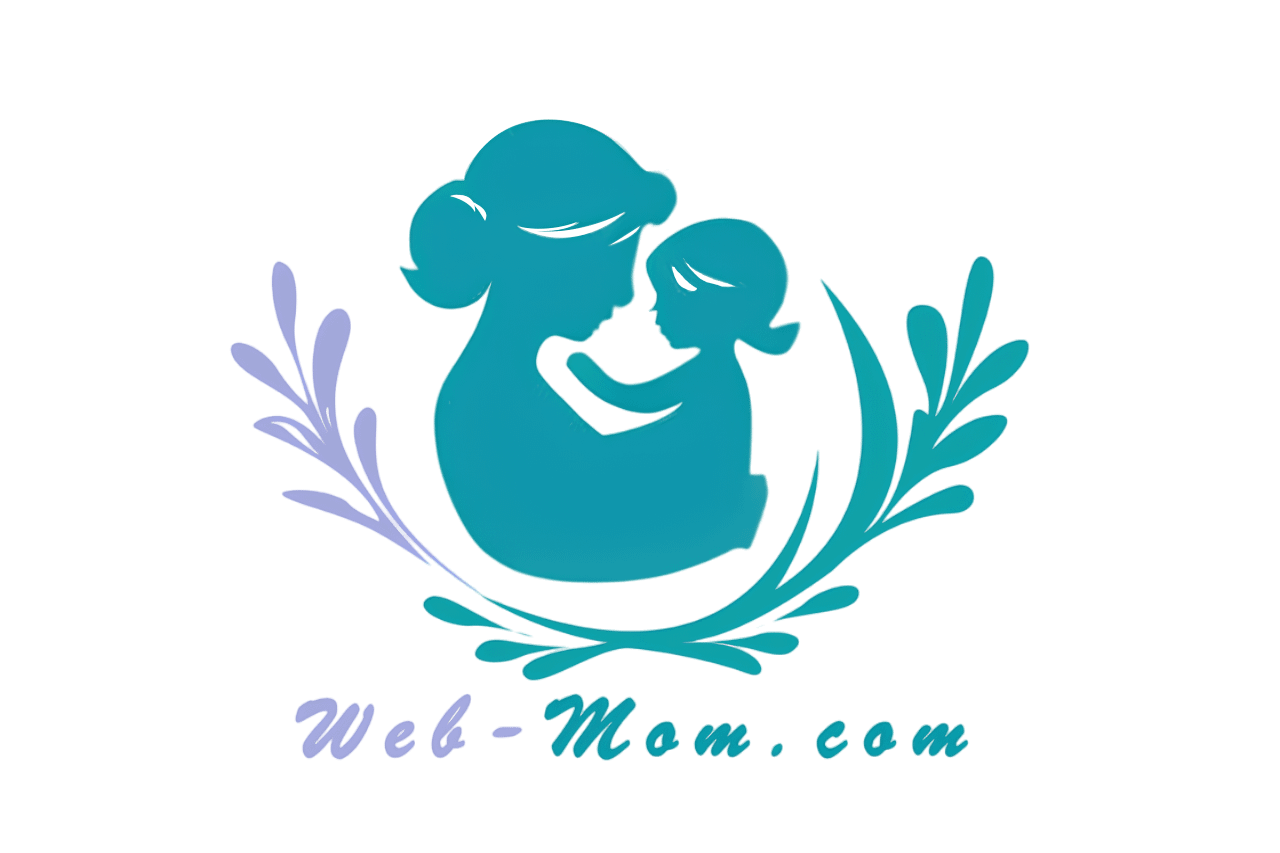
WEB MOM – Parenting is a journey filled with challenges and rewards. Active parenting is a proactive approach that involves being deeply engaged in your child’s life, fostering their development, and building a strong parent-child relationship. At Web-Mom.com, we believe in empowering parents with the knowledge and tools needed to practice active parenting effectively.
“Discover the benefits of active parenting on Web-Mom.com. Learn strategies for engaging and empowering your children, fostering their development, and building a strong parent-child relationship.”
In this article, we will explore the principles of active parenting, its benefits, effective strategies, common challenges, tips for maintaining a positive and supportive parenting approach, and an F.A.Q. section to address common questions.
Understanding Active Parenting
What is Active Parenting?
Active parenting is a dynamic and involved approach to raising children. Here’s what it entails:
- Engagement: Actively participating in your child’s life and being present in their daily activities.
- Communication: Open and honest communication with your child, fostering a trusting relationship.
- Support: Providing emotional, physical, and educational support to help your child grow and develop.
- Guidance: Setting clear expectations and boundaries while encouraging independence and critical thinking.
The Importance of Active Parenting
Active parenting is essential for several reasons. Here’s why it matters:
- Healthy Development: Promotes emotional, social, and cognitive development in children.
- Strong Bonds: Builds a strong and positive parent-child relationship based on trust and mutual respect.
- Positive Behavior: Encourages positive behavior and reduces the likelihood of behavioral issues.
- Life Skills: Helps children develop essential life skills such as problem-solving, communication, and self-discipline.
Benefits of Active Parenting
Enhanced Communication
Active parenting fosters open and effective communication. Here’s how it benefits:
- Trust and Openness: Children feel comfortable sharing their thoughts and feelings with their parents.
- Conflict Resolution: Encourages healthy conflict resolution skills through dialogue and understanding.
- Emotional Support: Provides a safe space for children to express their emotions and receive support.
Improved Academic Performance
Active parenting positively impacts a child’s academic success. Here’s how:
- Parental Involvement: Engaged parents are more likely to support their child’s education and monitor academic progress.
- Motivation and Encouragement: Provides motivation and encouragement, fostering a love for learning.
- Problem-Solving Skills: Teaches children effective problem-solving and critical thinking skills.
Better Social Skills
Active parenting helps children develop strong social skills. Here’s why it’s important:
- Empathy and Understanding: Teaches empathy and understanding, helping children build healthy relationships.
- Conflict Management: Equips children with the tools to manage conflicts and interact positively with peers.
- Confidence: Builds self-confidence and social competence, enabling children to navigate social situations effectively.
Effective Strategies for Active Parenting
Consistent Involvement
Being consistently involved in your child’s life is key to active parenting. Here’s how to do it:
- Quality Time: Spend quality time with your child, engaging in activities they enjoy.
- Daily Check-Ins: Make it a habit to check in with your child daily about their day, feelings, and experiences.
- Participate in Activities: Participate in your child’s activities, whether it’s attending school events, playing games, or helping with homework.
Open Communication
Open and honest communication is the foundation of active parenting. Here’s how to foster it:
- Active Listening: Practice active listening by giving your full attention to your child and acknowledging their feelings.
- Encourage Expression: Encourage your child to express their thoughts and feelings without fear of judgment.
- Discuss Issues: Address issues and concerns openly, providing guidance and support.
Positive Reinforcement
Positive reinforcement encourages good behavior and builds self-esteem. Here’s how to use it:
- Praise and Recognition: Praise your child for their efforts and achievements, both big and small.
- Reward Systems: Implement reward systems to reinforce positive behavior and accomplishments.
- Encouragement: Offer encouragement and support, focusing on your child’s strengths and progress.
Setting Boundaries
Setting clear and consistent boundaries is essential for active parenting. Here’s how to establish them:
- Clear Expectations: Clearly communicate your expectations and the reasons behind them.
- Consistent Rules: Maintain consistent rules and consequences to provide structure and security.
- Negotiation and Flexibility: Be willing to negotiate and adjust boundaries as your child grows and develops.
Common Challenges in Active Parenting
Balancing Work and Family
Balancing work and family life can be challenging. Here’s how to manage it:
- Time Management: Prioritize and manage your time effectively to ensure you can be present for your child.
- Work-Life Balance: Strive for a healthy work-life balance by setting boundaries between work and family time.
- Delegate Responsibilities: Delegate tasks and responsibilities to share the load and create more family time.
Dealing with Resistance
Children may resist parental involvement at times. Here’s how to handle it:
- Stay Calm: Stay calm and patient when faced with resistance. Avoid power struggles and maintain a positive approach.
- Understand Perspectives: Understand your child’s perspective and address their concerns and feelings.
- Adapt Strategies: Adapt your parenting strategies to better meet your child’s needs and preferences.
Managing Stress
Parenting can be stressful, especially when trying to practice active parenting. Here’s how to cope:
- Self-Care: Prioritize self-care to manage stress and maintain your well-being.
- Support Networks: Build a support network of family, friends, and other parents for advice and encouragement.
- Professional Help: Seek professional help if needed, such as counseling or parenting classes.
Tips for Maintaining a Positive Parenting Approach
Focus on Strengths
Focusing on your child’s strengths helps build their confidence and self-esteem. Here’s how to do it:
- Identify Strengths: Identify and celebrate your child’s strengths and talents.
- Encourage Interests: Encourage your child to pursue their interests and passions.
- Positive Feedback: Provide positive feedback and reinforcement to boost their self-worth.
Model Positive Behavior
Children learn by observing their parents. Here’s how to model positive behavior:
- Set an Example: Set a positive example through your actions, attitudes, and behaviors.
- Practice Empathy: Practice empathy and understanding in your interactions with others.
- Show Respect: Show respect for your child and others, demonstrating how to build healthy relationships.
Be Flexible
Flexibility is key to adapting to your child’s changing needs. Here’s how to stay flexible:
- Adapt to Change: Be willing to adapt your parenting approach as your child grows and their needs change.
- Open-Mindedness: Stay open-minded and willing to try new strategies and techniques.
- Continuous Learning: Continuously learn and grow as a parent, seeking out new information and resources.
Conclusion
Active parenting is a rewarding and effective approach to raising children, fostering their development, and building a strong parent-child relationship. At Web-Mom.com, we hope this comprehensive guide provides you with the strategies and tools needed to practice active parenting successfully.
By being consistently involved, maintaining open communication, using positive reinforcement, and setting clear boundaries, you can empower your child and support their growth. Remember, every child is unique, and it’s important to tailor your approach to meet your child’s specific needs.
Thank you for visiting Web-Mom.com. We hope you find our articles helpful and inspiring as you navigate the joys and challenges of parenthood.
F.A.Q.
1. What is active parenting?
Active parenting is a proactive and engaged approach to raising children, involving active participation in their daily lives, open communication, providing support, and setting clear expectations and boundaries.
2. How can I practice active parenting if I have a busy schedule?
Effective time management and prioritizing quality time with your child can help. Delegate responsibilities, set boundaries between work and family time, and make the most of daily check-ins and activities.
3. What are some activities that promote active parenting?
Activities that promote active parenting include playing games together, attending school events, helping with homework, participating in your child’s hobbies, and engaging in meaningful conversations.
4. How do I handle resistance from my child when practicing active parenting?
Stay calm and patient, understand your child’s perspective, and address their concerns. Adapt your strategies to better meet their needs and preferences, and maintain a positive approach.
5. What are the benefits of active parenting for my child’s development?
Active parenting promotes healthy emotional, social, and cognitive development. It builds a strong parent-child relationship, encourages positive behavior, and helps children develop essential life skills.
6. How can I maintain a positive parenting approach?
Focus on your child’s strengths, model positive behavior, and stay flexible to adapt to their changing needs. Prioritize self-care and seek support from family, friends, and professionals if needed.

Web-Mom.com is a small blog, where you can find information to be a better parents. From parent to parents 🙂
Site Links
About Web-Mom
We always thinking, what will other parents do? How can they do it? So here we are, writing article from parents around the world. We know, you know.
Copyright 2024 web-mom.com


